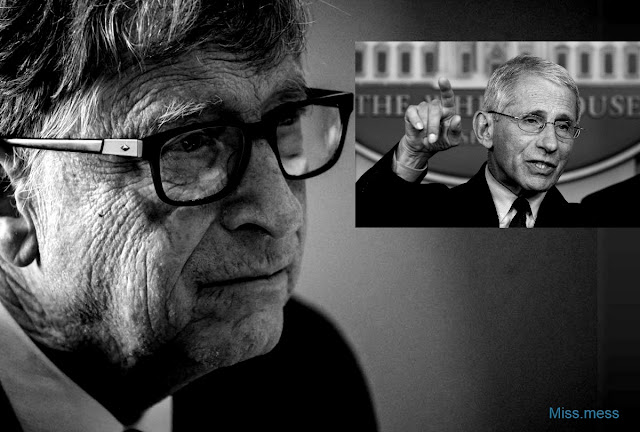Apple TV series "Five days at Memorial" Review!
Five days at Memorial, Apple Tv
Apple TV has always come back to us with unique and distinctive works and thus gained the public's trust regarding TV shows. Technically "Five Days at Memorial" may be a historical drama, but it often looks a lot like a black drama/ Horror show.
The series captures harrowing details of what it was like at Memorial Hospital in New Orleans in the five days following Hurricane Katrina.
In fact, the first five episodes run one day per episode, as increasingly impossible decisions had to be made. This "Five Days at Memorial" is one of the most shocking and most prolific TV shows of the year.
The most interesting thing about the series is that the story is told without taking sides. Both from the perspective of the doctors who were doing their best to try to save the patients even if they was in their care and to provide them with comfort during the disaster hurricane, and from the perspective of the investigators who provide evidence of the presence of traces of chemical drugs, including morphine, in the victims’ blood, which concludes that the doctors gave the patients doses that led to their death.
Both the book and the series portray the crisis of memory as a series of impossible decisions, made by flawed individuals under unimaginable pressure, and a complete systemic breakdown. In this sense, it is a microcosm of Katrina, who caused the deaths of more than 1,800 people.
In a video interview, Fink, who was also a producer on the series, indicated that the hospital had a 101-page bioterrorism plan. This was, after all, the post-9/11 era. But there was no contingency plan in place for overwater evacuation.
“Five Days at Memorial” was initially optioned to be a movie by the producer Scott Rudin, and then by the producer Ryan Murphy, who planned to use it for his “American Crime Story” anthology series. When Murphy scrapped those plans, Cuse came calling, won Fink over and approached Ridley to be his partner.
Fink liked the idea of making “Memorial” into a limited series, with the time and commitment to present a detailed and balanced adaptation.
“It just seemed like a great way to tell this story, because if it were done in a movie, there wouldn’t be enough time to bring out all of the nuance,” she said. “It is a long and detailed book, a work of journalism that took many years.” (Fink, who was a staff reporter at ProPublica when her article was published, is now a domestic correspondent for The New York Times.)




Comments
Post a Comment